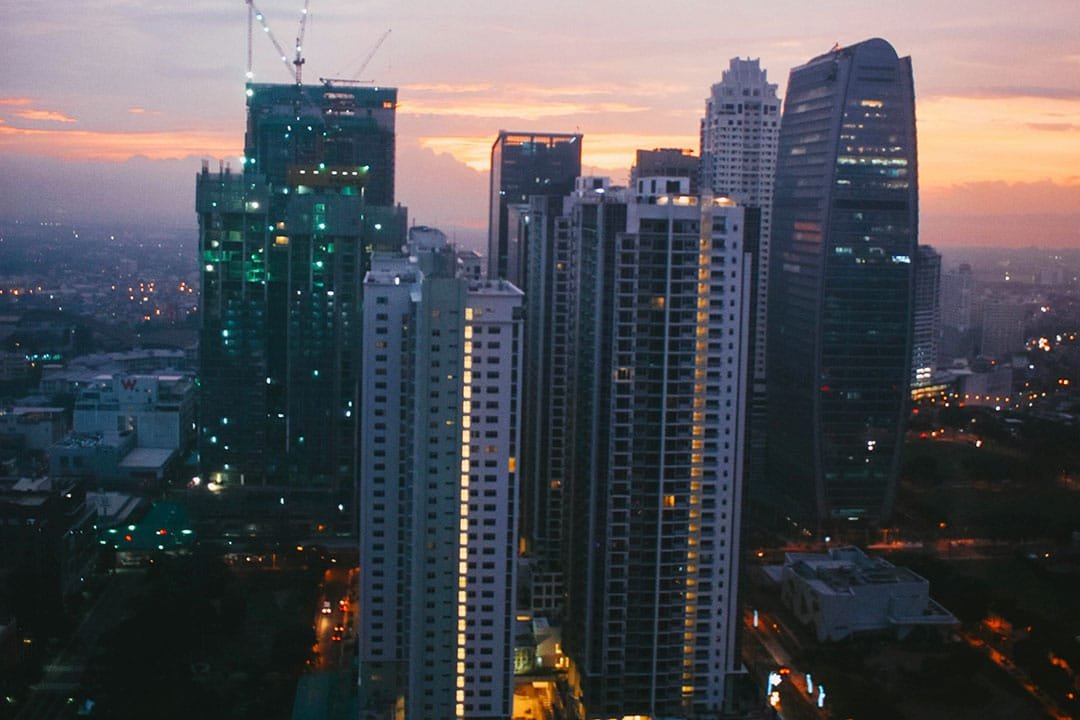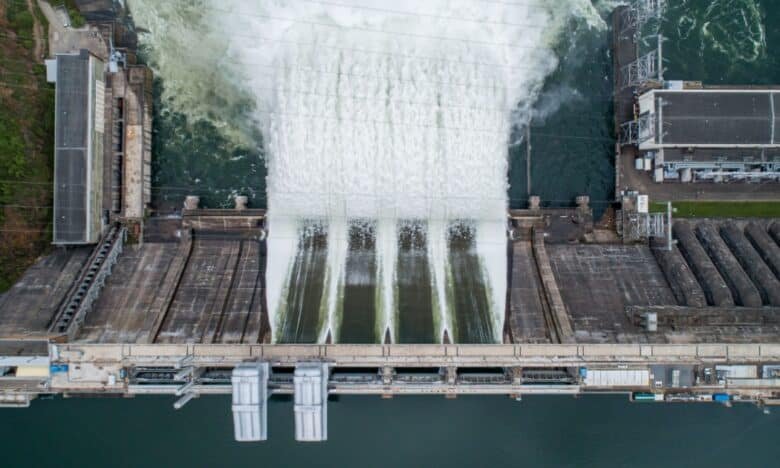
Private and Public Establishments Join Hands in Creating Green Regulations for Sustainable Building Development
- June 23, 2024
Several financial regulations have started initiatives to encourage green and sustainable building development in the Philippines. Incentives are given to companies who adopt green business practices to add to the country’s aim to reverse the damage wrought by climate change.
Measures have been proposed by senators in Congresses of late to amend the country’s Building Code to make the implementation of green building practices mandatory in all new building and major renovation projects.
More green initiatives were also proposed by government agencies and private organizations to join hands in the goal of mitigating the climate crisis.
Sustainable finance regulations have also been implemented by the Bangko Sentral ng Pilipinas (BSP) to push financial institutions to support green initiatives. Its Sustainable Finance Framework mandates that banks and financial institutions factor environmental and social justice concerns in their transactions. The framework provides incentives for issuing green bonds and green loans to fund energy conservation and innovation projects, such as renewable energy and sustainable infrastructure. The development of green finance and investments bolster the country’s sustainable economic growth.
Guidelines from the Securities and Exchange Commission (SEC) on the establishment of Green Bonds and Social Bonds encourage investments based on sustainability and social responsibility. They now require issuers to declare the environmental and social benefits of bond proceeds and provide reports on the impact achieved. Encouraging the issuance of green bonds and social funds helps to finance projects such as clean energy, affordable housing, and healthcare. With these, more socially responsible investors will be attracted to further sustainable development.
Furthermore, the Department of Energy (DOE) implement financial regulations that foster the adoption of green and sustainable workplaces, such as tax exemptions, discounted fees and subsidies to companies that use renewable energy sources. This reduces dependence on fossil fuels and raise the market value of renewable energy for businesses that reduce costs and leave a positive impact.
Lastly. Sustainability Reporting Guidelines was launched by the Philippine Stock Exchange. This requires companies to disclose their environmental, social, and governance (ESG) practices. This pushes businesses to implement green practices and gather data for investors to make decisions that positively impact sustainable ESG. The transparency and accountability will ensure that companies will make greener decisions.
These financial regulations are pivotal in a future of sustainable building development that everyone will adopt and reap benefits from, such as cost savings, job creation, improved reputation, and a contribution to the country’s mission to transition to green energy.
Source: Green is in: Regulations influencing sustainable building development in Philippines



